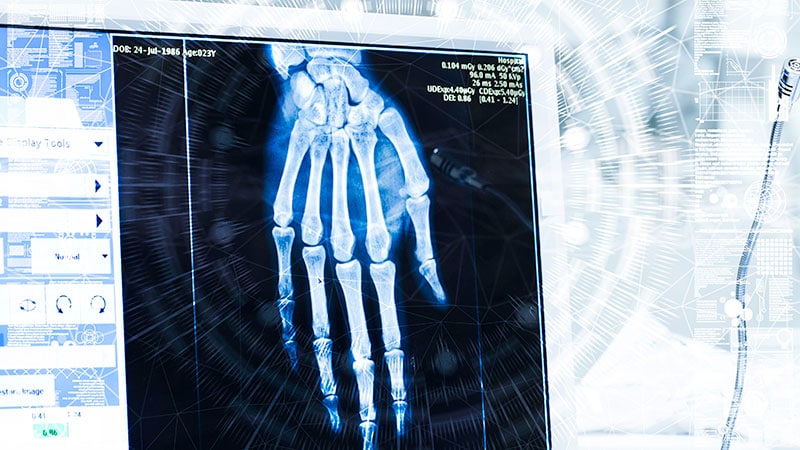AbbVie has agreed to discover and develop mRNA biology modulators for three targets in oncology and immunology by applying Anima Biotech’s mRNA Lightning platform, through an up to $582 million collaboration announced by the companies.
In return, Anima—an mRNA-based drug developer based in Bernardsville, NJ—has granted AbbVie exclusive rights to license and further develop and commercialize the programs following selection of the targets by AbbVie.
The companies said their collaboration is designed to combine the biopharma giant’s expertise in cancer and immunology drug development with Anima’s technology platform and expertise in mRNA biology.
Using its own technology that tags transfer RNA (tRNA) pairs repeating frequently during translation with fluorescent light, Anima identifies small-molecule drug candidates that selectively decrease or increase the translation of mRNA into proteins on ribosomes to modulate the levels of protein produced, then elucidate their mechanism of action in a target space.
“Modulating mRNA biology with small molecules is a new approach and has the potential to address ‘undruggable’ targets with implications across multiple therapy areas,” Jonathon Sedgwick, PhD, AbbVie’s vice president and global head of discovery research, said in a statement.
mRNA Lightning combines high-scale phenotypic screening that automates millions of experiments in live mRNA biology with technology that uses artificial intelligence (AI) to elucidate the mechanism of action of active molecules—what Anima calls “MOAi” technology. By automating the phenotypic screening of mRNA modulators and using AI to elucidate them, Anima says, it has developed a broad pipeline across 18 different discovery programs in various therapeutic areas.
Partnerships with biopharma giants
AbbVie is the latest biopharma giant to tap into Anima’s platform. The company has an ongoing, up-to-$1.49 billion collaboration with Eli Lilly focused on neurosciences—the same therapeutic area as an up-to-$2.4 billion partnership that Anima also has ongoing with Takeda Pharmaceutical to discover and develop a new class of three to six small molecule drugs for genetically defined neurological diseases.
“What attracted Takeda to our platform is that we have demonstrated small molecules that are inhibiting only the mutant protein causing Huntington’s disease, but are completely sparing the normal type of the protein,” Yochi Slonim, co-founder and CEO of Anima Biotech, told GEN Edge in 2021. “So, it allows control over the broadest range of diseases, where the protein is under-expressed, overexpressed, or mutated.”
In Anima’s latest collaboration, AbbVie agreed to pay the nine-year-old biotech $42 million upfront, and up to $540 million in option fees and research and development milestones across the three targets, with potential for further commercial milestones as well as tiered royalties on net sales.
The companies’ agreement, announced during the recent JP Morgan 41st Healthcare Conference, grants AbbVie an option to expand the collaboration with up to three additional targets under the same terms as the initial partnership, which they said may increase the potential value of the collaboration.
“The power of our mRNA Lightning platform is validated by our multiple partnerships and a growing internal pipeline,” Slonim stated. “We are excited to partner with AbbVie, a recognized global leader in oncology and immunology, and are looking forward to working with their excellent scientific team in a close collaboration.”


